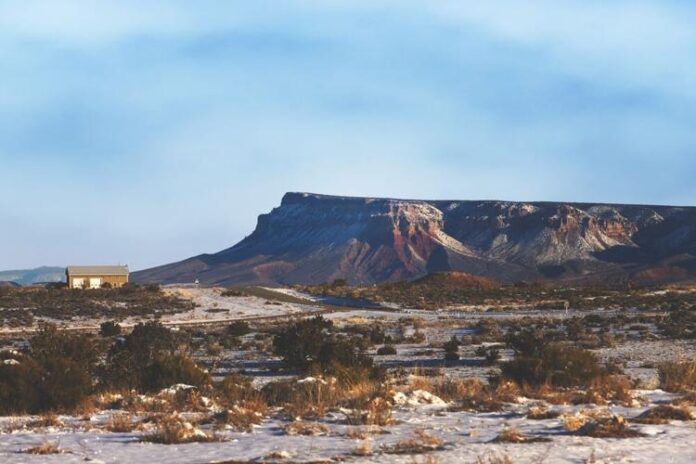
By Cameron Arcand | The Center Square
Colorado River Indian Tribes have been given $830,000 by the United States Department of Justice in order to better prosecute domestic violence cases.
The grant came through the DOJ’s Office of Violence Against Women with the goal of making sure that the tribal lands can work better with the federal government on the issue.
“The prosecution of these crimes is a priority for my office,” U.S. Attorney Gary Restaino said in a statement. “I am very pleased that attorneys from my office will be able to work with a CRIT SAUSA, who will bring personal cultural sensitivity to this very difficult work.”
Colorado River Indian Tribes include the Navajo, Hopi, Mohave, and Chemehuevi groups. The reservation is located in Arizona and parts of California.
“The Colorado River Indian Tribes is pleased and honored to have been selected to receive the Tribal Special Assistant United States Attorney grant,” Amelia Flores, Chairwoman of the Colorado River Indian Tribal Council, said in a statement.
“Domestic violence and sexual assault continue to harm our members, families, and children. The grant funding will allow us to improve communication and coordination among the various jurisdictions, apply best practices, improve outcomes of prosecution and community safety, and ensure victims receive the services and support they need,” she continued.
The funding highlights a large issue in tribal communities throughout the United States. A high percentage of both American Indian men and women have been victims of violence, according to the National Institute of Justice. The institute said that 84.3% of native women and 81.6% of native men have “experienced violence” at some point in their life.
The most common forms of victimization include psychological aggression or physical violence by an intimate partner, sexual violence, and stalking, according to the May 2023 report. However, the report states that 97% of women victims and 90% of male victims say that the violence was perpetrated by a non-Indian or Alaska Native, compared to 35% and 33% by Indian or Alaska Native perpetrators.
Republished with the permission of The Center Square.













